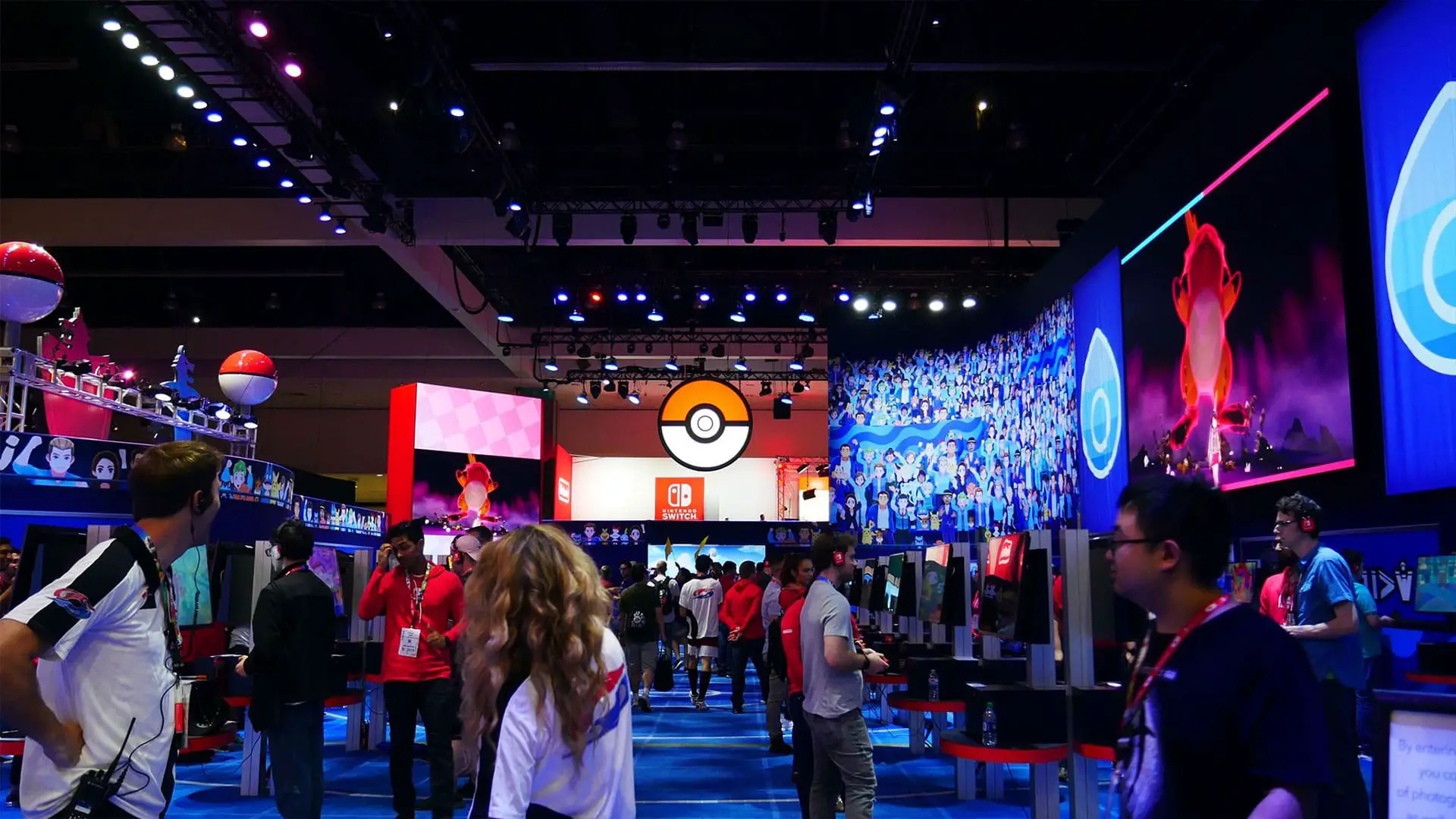Introduction:
In the realm of gaming, few events have captured the attention of enthusiasts and industry professionals alike as the Electronic Entertainment Expo, better known as E3. For over two decades, E3 has served as the epicenter of groundbreaking announcements, exclusive previews, and the convergence of gaming culture. However, the shocking announcement of E3’s permanent cancellation has left the gaming community in a state of disbelief and reflection.
The Rise and Glory of E3:
Since its inception in 1995, E3 has been the premier showcase for the video game industry. Held annually in Los Angeles, the event drew in developers, publishers, journalists, and fans from around the world. The convention floor buzzed with excitement as attendees experienced the unveiling of new consoles, game trailers, and demos that set the stage for the coming year in gaming.
E3 was more than just a trade show; it was a cultural phenomenon. The event became synonymous with the anticipation and excitement surrounding the latest and greatest in the gaming world. Iconic moments, such as the reveal of the PlayStation 2, Xbox 360, and the debut of blockbuster titles like The Legend of Zelda: Breath of the Wild, are etched into the memories of gamers everywhere.

The Decline and Struggles:
In recent years, E3 faced challenges that hinted at its vulnerability. The rise of digital streaming platforms, direct communication between developers and fans, and the COVID-19 pandemic, which forced the cancellation of the 2020 event, all contributed to a shift in the industry landscape. Major players like Sony withdrew from E3, opting to host their own events, diminishing the once-universal appeal of the convention.
The Final Blow:
Amidst ongoing uncertainties, the Entertainment Software Association (ESA), the organization responsible for E3, dropped a bombshell on the gaming community – E3 would be canceled indefinitely. The decision to pull the plug on the event raised eyebrows and elicited mixed reactions. While some mourned the loss of an annual celebration, others questioned the necessity of E3 in an evolving digital age.
The Impact on the Gaming Industry:
The permanent cancellation of E3 marks the end of an era and prompts reflection on the future of gaming events. With the rise of online streaming, social media, and direct communication between developers and fans, the traditional format of a centralized, physical event became increasingly outdated. Many argue that the industry has outgrown the need for a single, grand spectacle like E3.
Moving Forward:
As the gaming community adapts to a post-E3 world, new questions arise. Will other events step up to fill the void left by E3? Or will the industry embrace a more decentralized approach to announcements and reveals? While the cancellation of E3 may be a poignant moment in gaming history, it also signals an opportunity for innovation and evolution within the industry.
Conclusion:
The cancellation of E3 marks the end of an era that has played a pivotal role in shaping the gaming landscape. From its humble beginnings to its status as a global phenomenon, E3 stood as a symbol of anticipation and excitement for gamers worldwide. While the gaming community mourns the loss of this iconic event, it also looks to the future with curiosity and hope, wondering what new forms of celebration and connection will emerge in the evolving world of gaming.